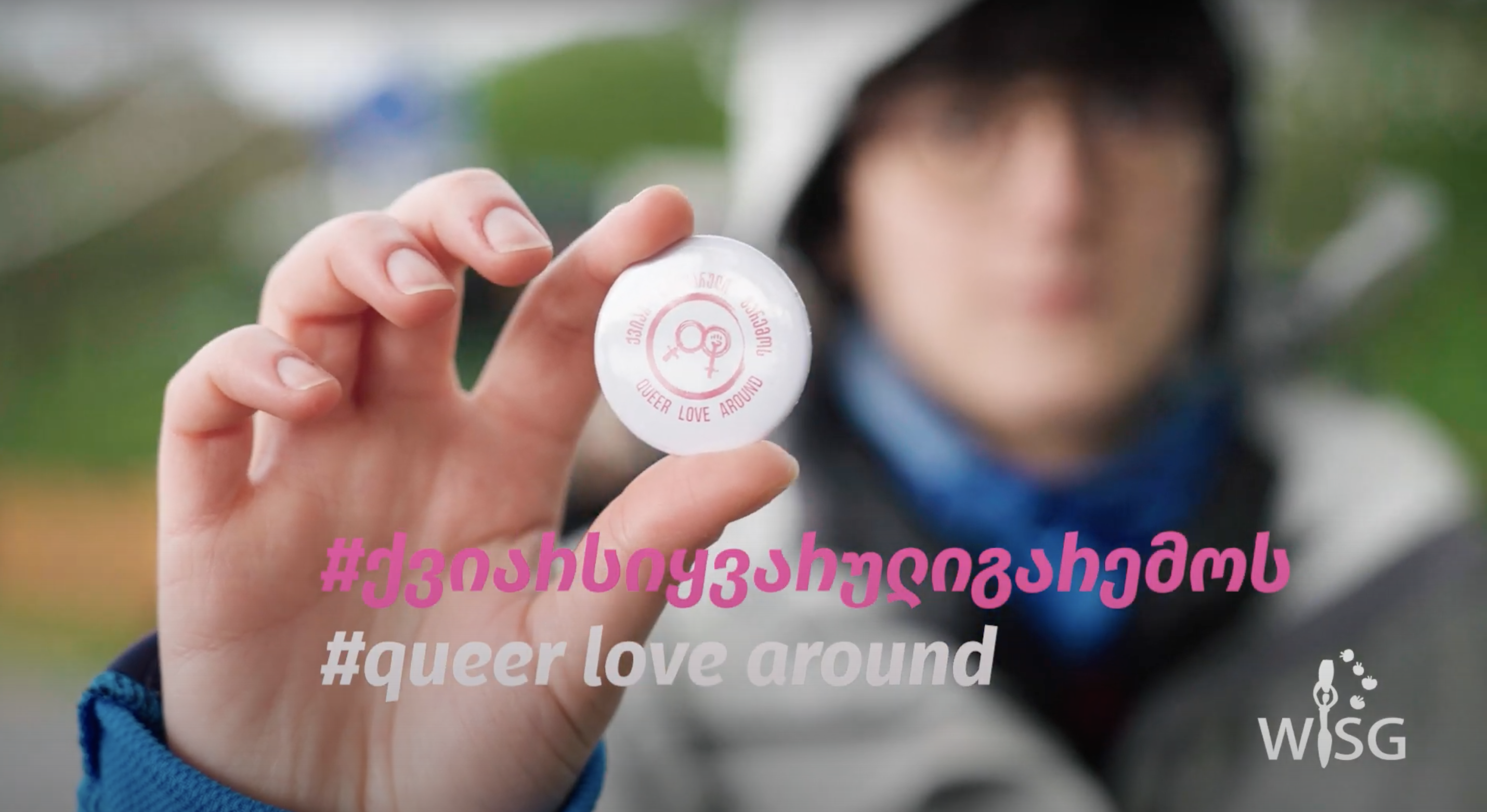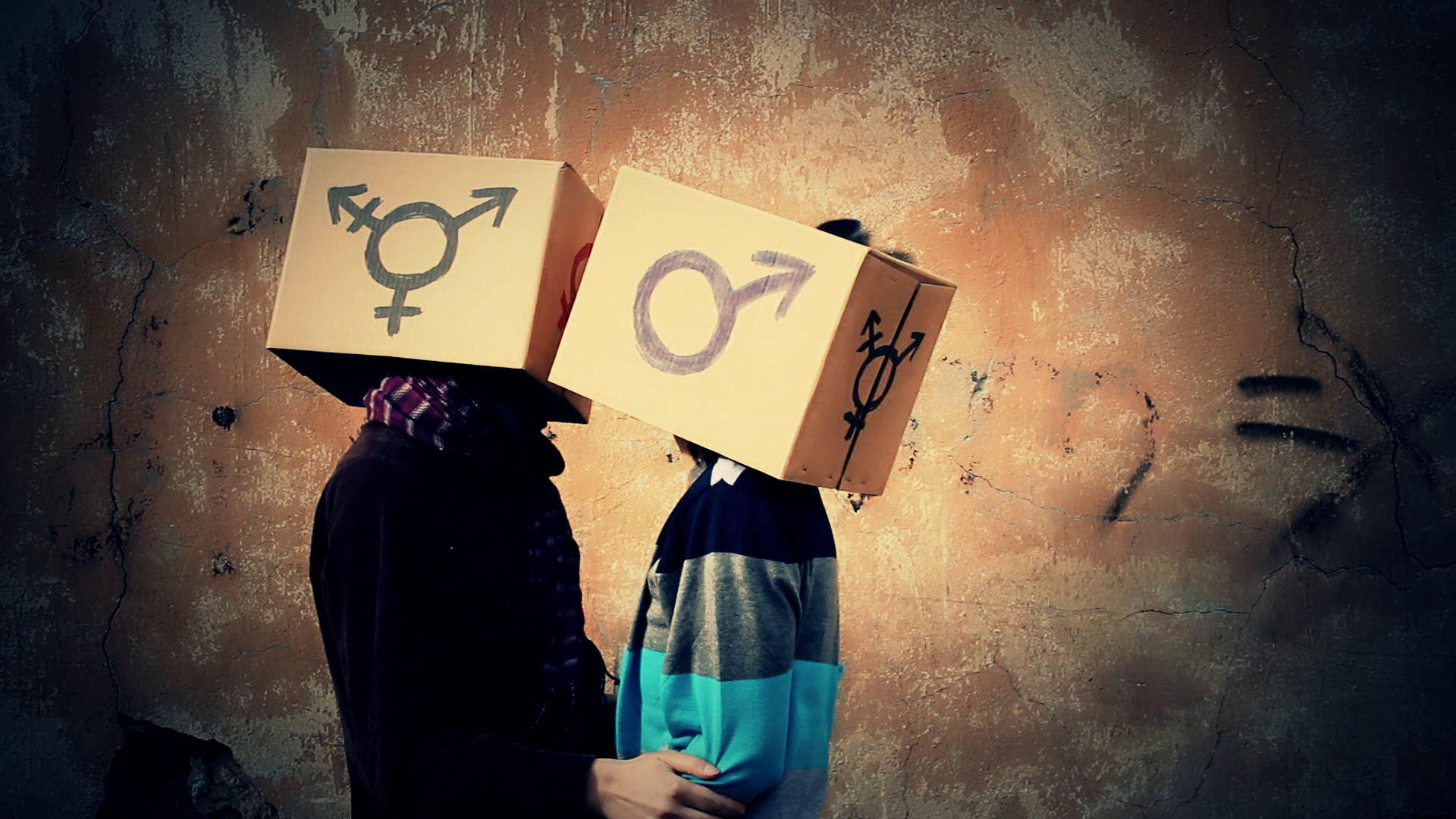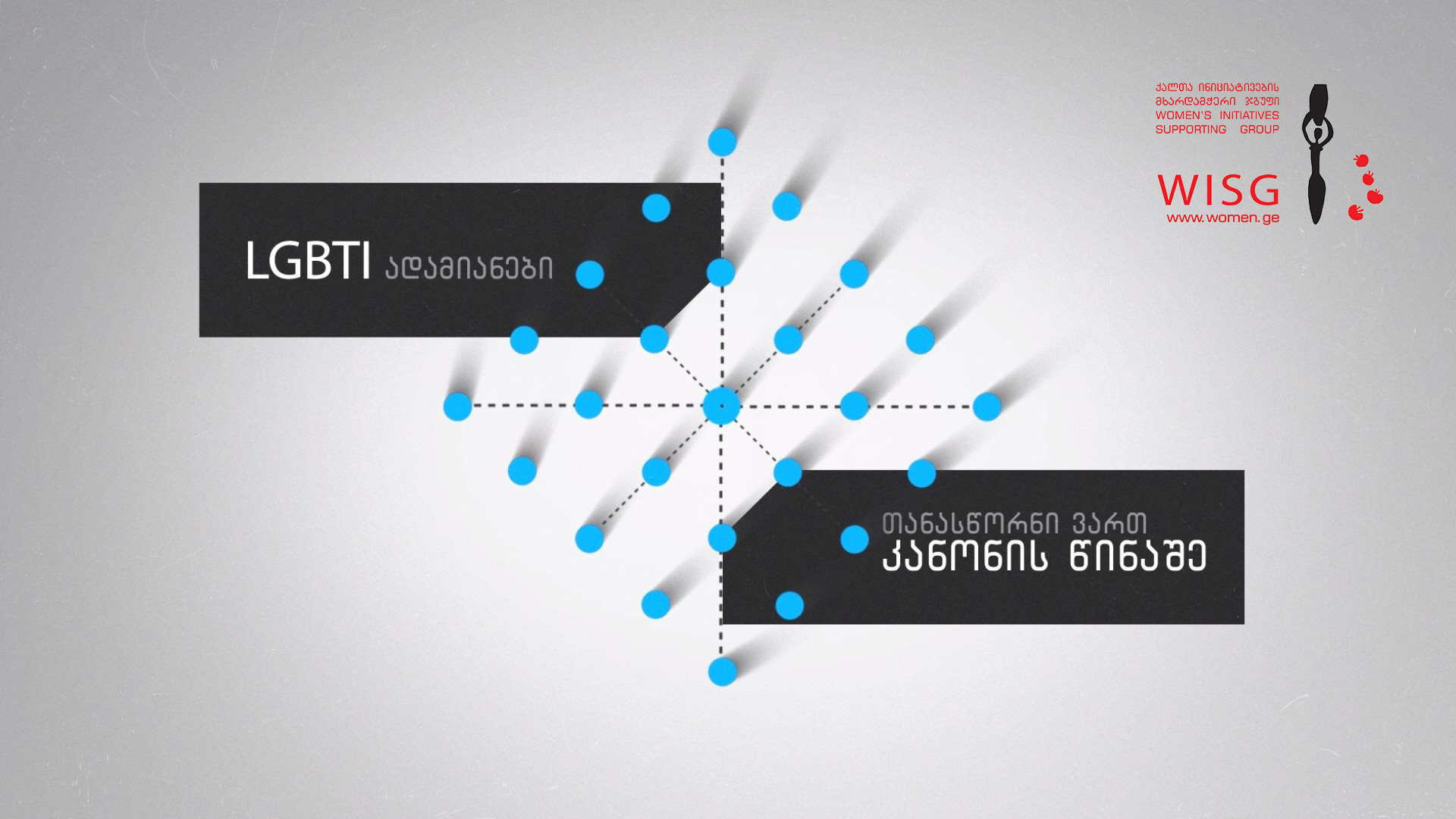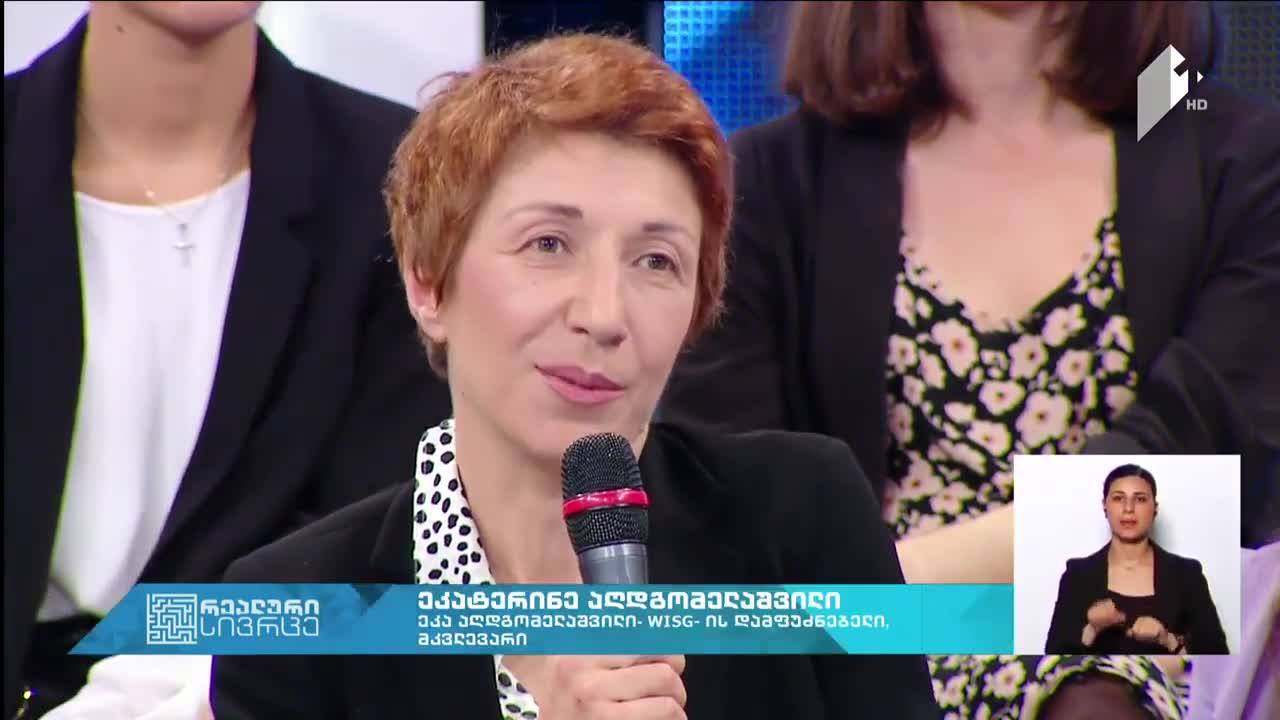In the context of the ten years that have passed since 17 May 2013, calls for taking up space with queer activism mostly surround isolated acts of freedom to gather and express—as if we fight to enter public spaces only once a year. Outside groups and organisations often capitalize on these freedoms and (often interchangeably) support or oppose them.
As though freely and openly gathering and meeting in, transposing through, and traveling around public spaces were not a part of our fundamental needs. As if the reasons why the mainstream political and media actors take no interest in addressing whose needs are met, for whom are these spaces inaccessible, dangerous, and taken away, and who manages and owns public goods are not as obvious as the air pollution in Tbilisi.
When advocating for our freedom and expression, it is time to set loose from the constraints of a superficial, narrow, and hegemonic narrative by critically examining our encounters with the public space to see, articulate and demand that which is taken from us every day—our right to the city as a whole, inclusive, and democratic space accounting for and allowing the room for our needs and desires.
Much like the politics around housing justice, the global and local patriarchal capital determines the politics of public space by commodifying the public into private and catering it to the interests of the few. These politics expel our bodies from the room that is still left for us as they constrict, grab, privatise, and commercialise the temporal and spatial dimensions of the city’s fabric.
The same system that restricts those who are suspected of playing with gender and sexuality from freely meeting and expressing, constricts everyone whose values and needs do not conform to the interests of profit accumulation and reproduction of the status quo. In other words, this system limits women, children, the elderly, differently abled persons, refugees and immigrants, workers and disenfranchised from existing in the city and participating in the democratic processes of its transformations.
We demand the freedom to safely gather, express, live, work, wander and travel every part of the day, for each and every one of us regardless of our sexuality, gender, age, socio-economic status, abilities, etc.. We demand that everyone be involved in the democratic processes of planning and assembling the city in a way that negates private profit from defining what can be built, destroyed, preserved and transformed.
After the Feminist Film Festival, this year’s Queer Sisters Run is our second event for our campaign—Points of Intersection – Why do we need intersectional feminism?
The Queer Sisters Run is of symbolic meaning and is founded upon the ideals of collective action rather than individual challenge, achievement, and victory.
Alongside the Women’s Initiatives Supporting Group, this year’s run is co-organised by Lesbivents.
#queerlovearound







